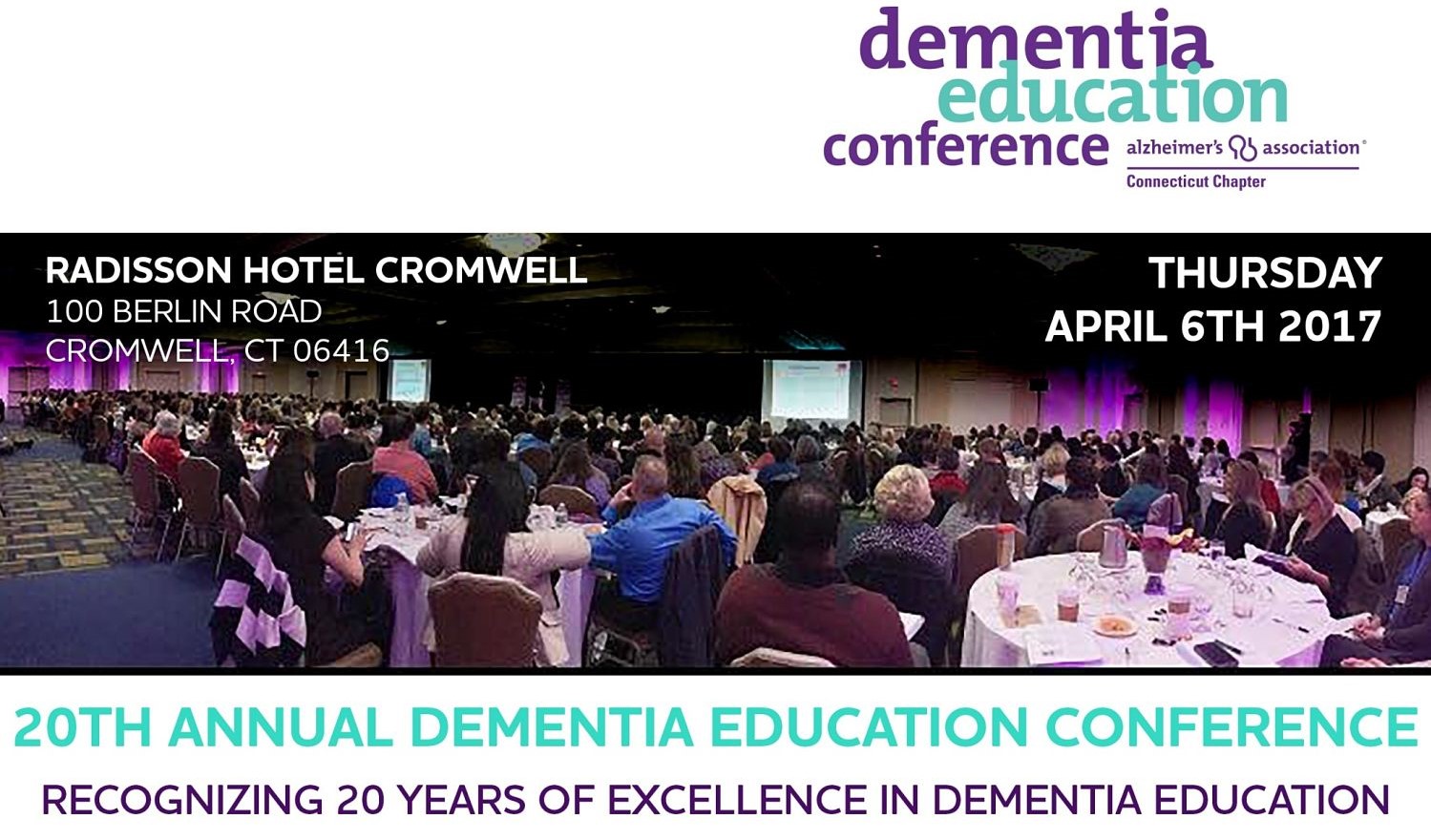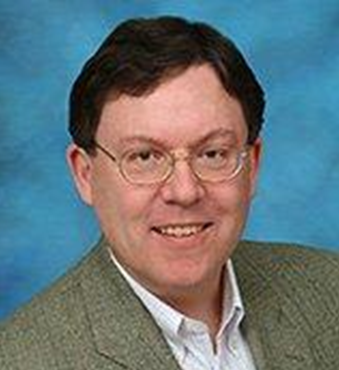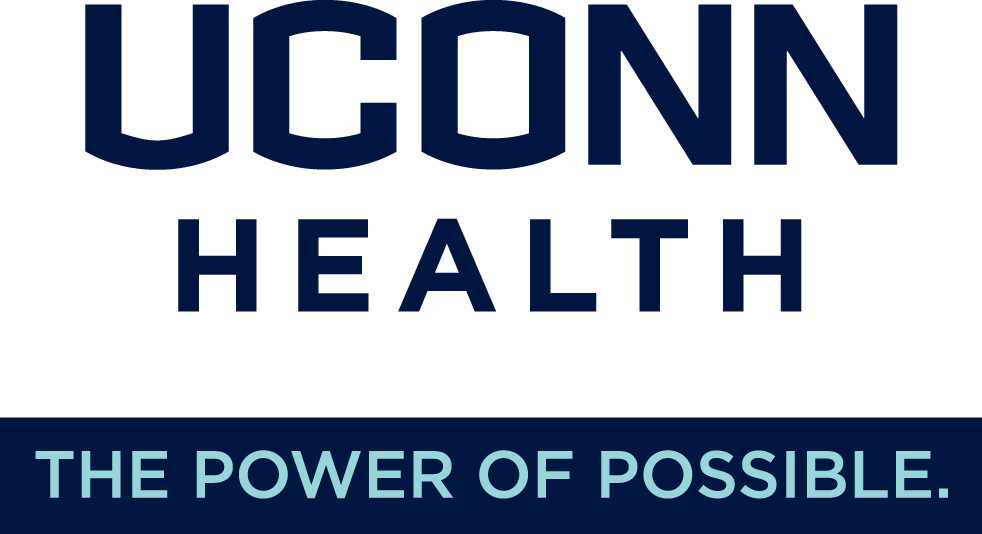 |
|
|
Throughout the years, the Alzheimer’s Association has united experts worldwide topresent the latest information in dementia care practices to professionals, familymembers and persons living with the disease in Connecticut and surrounding states. Join us as we reflect on past accomplishments, integrate the present and envision a future of a world without Alzheimer’s disease.
KEYNOTE:
Hope in Caring for Deeply Forgetful People: Enduring Selfhood and Being Open to Surprises
Over the past twenty years, caregivers, professionals, and those affected by Alzheimer’s disease have hoped that medical science might provide a treatment that can prevent, stabilize or even cure this progressive and intractable disease; this treatment has proven highly elusive. Yet there have been major breakthroughs in forms of care that awaken expressions of continuing self-identity even in the most deeply forgetful loved ones, and these give us meaning and hope as caregivers.
Presented by: Stephen G. Post, PhD Director, Center for Medical Humanities, Compassionate Care, and Bioethics Professor of Family, Population and Preventive Medicine at Stony Brook University
Articles
‘Is Grandma Still There?’ A Pastoral and Ethical Reflection on the Soul and Continuing Self-identity in Deeply Forgetful People
Hope in caring for the deeply forgetful: Enduring selfhood and being open to surprises
|
Online registration is now closed. You can still register at the conference.
|
Special Thanks to Our Sponsors
Patron
Platinum
2017 Dementia Education Conference Planning Committee
Blanche Agostinelli, MSN - Alzheimer’s Association Connecticut Chapter Volunteer
Pamela K. Atwood, MA, CDP, CLL - Hebrew HealthCare, Inc.
Stacy A. Batty-Chavis, MA - Alzheimer’s Association Connecticut Chapter
Betty J. Brennan, RN, BSN - Alzheimer’s Association Connecticut Chapter Volunteer
Eileen Cleary, RN, CRRN, MA, NHA - Alzheimer’s Association Connecticut Chapter Volunteer
Sandra Cook, AS - Alzheimer’s Association Connecticut Chapter Volunteer
Carolyn A. DeRocco, BA - Alzheimer’s Association Connecticut Chapter
Christine Dileone, MSN, RN - University of Connecticut School of Nursing
Sharman H. French, LCSW, ACHP-SW - Masonicare Home Health and Hospice
Cynthia R. Grant, BA - Connecticut Department on Aging
Michael R. Hetsko, MSW - Gardner Heights
Nancy V. Leonard, MSW, LCSW, MBA - New England Home Care
Casey McGannon, MA, CDP - Sage Solutions, LLC
Renee Michaud, BS - Artis Senior Living
Catherine Sarni, MS - Alzheimer’s Association Connecticut Chapter Volunteer
Elena Schjavland, PhD(c), APRN (Lead Nurse Planner) - Keys2Memory
Ginny Steller, MSW - Alzheimer’s Association Connecticut Chapter Volunteer
Cecelia Sullivan, MS Ed., HTP - Care Partner / Family Advocate
Daniel E. Wollman, MD, PhD (Activity Medical Director) - Quinnipiac University
Linda Worden, RN, MPH, CCM, CDP - Worden Eldercare Consulting, LLC
Recognizing 20 years of excellence in dementia education…
Throughout the years, the Alzheimer’s Association has united experts worldwide to present the latest information in dementia care practices to professionals, family members and persons living with the disease in Connecticut and surrounding states. Join us as we reflect on past accomplishments, integrate the present and envision a future of a world without Alzheimer’s disease.
KEYNOTE:
Hope in Caring for Deeply Forgetful People: Enduring Selfhood and Being Open to Surprises
Over the past twenty years, caregivers, professionals, and those affected by Alzheimer’s disease have hoped that medical science might provide a treatment that can prevent, stabilize or even cure this progressive and intractable disease; this treatment has proven highly elusive. Yet there have been major breakthroughs in forms of care that awaken expressions of continuing self-identity even in the most deeply forgetful loved ones, and these give us meaning and hope as caregivers.
Presented by: Stephen G. Post, PhD
Director, Center for Medical Humanities, Compassionate Care, and Bioethics Professor of Family, Population and Preventive Medicine at Stony Brook University






